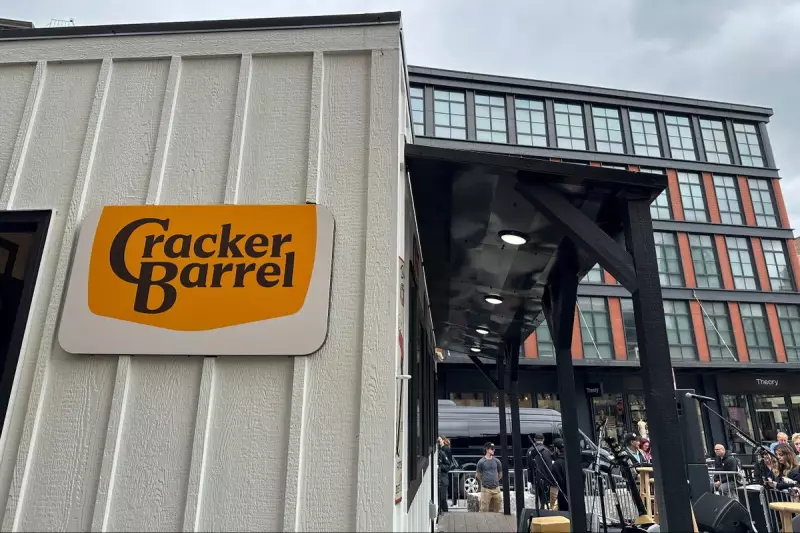
In a startling revelation that has sent shockwaves through the retail sector, Walmart has been accused of implementing a controversial pricing strategy that penalises shoppers in smaller communities across the American South.
Groundbreaking research from Lebanon has uncovered that the retail giant is charging significantly more for identical products in towns across Mississippi and Tennessee compared to prices in major urban centres. The study suggests this isn't random variation but a calculated approach to maximise profits where competition is scarce.
The Stark Price Divide
The investigation compared prices at six different Walmart locations, uncovering a disturbing pattern. Shoppers in smaller towns like Magee, Mississippi are paying substantially more for their weekly shop than those in larger cities like Jackson.
This pricing strategy appears to target communities where Walmart faces little to no competition, effectively creating local monopolies. Consumers in these areas, often with lower average incomes, find themselves paying a 'poverty premium' for essential goods.
Regional Disparities Exposed
The research methodology was rigorous, comparing prices for 15 frequently purchased items including groceries, household goods, and over-the-counter medications. The findings revealed:
- Substantial markups on identical products between different locations
- A clear pattern of higher prices in rural and smaller urban areas
- Price differences that cannot be explained by transportation costs alone
Consumer Advocates Sound the Alarm
This practice raises serious questions about retail ethics and economic fairness. Consumer rights groups have expressed outrage, noting that those least able to afford higher prices are being charged the most for basic necessities.
The strategy appears to exploit the lack of alternative shopping options in smaller communities, leaving residents with little choice but to pay the inflated prices or face lengthy trips to more competitive markets.
Broader Implications for Retail Sector
This case study highlights a worrying trend in retail economics, where dominant chains may be using their market power to implement location-based pricing strategies that disadvantage vulnerable communities.
As consumers become increasingly aware of these practices, pressure is mounting on major retailers to justify their pricing models and ensure fair treatment across all communities they serve.




